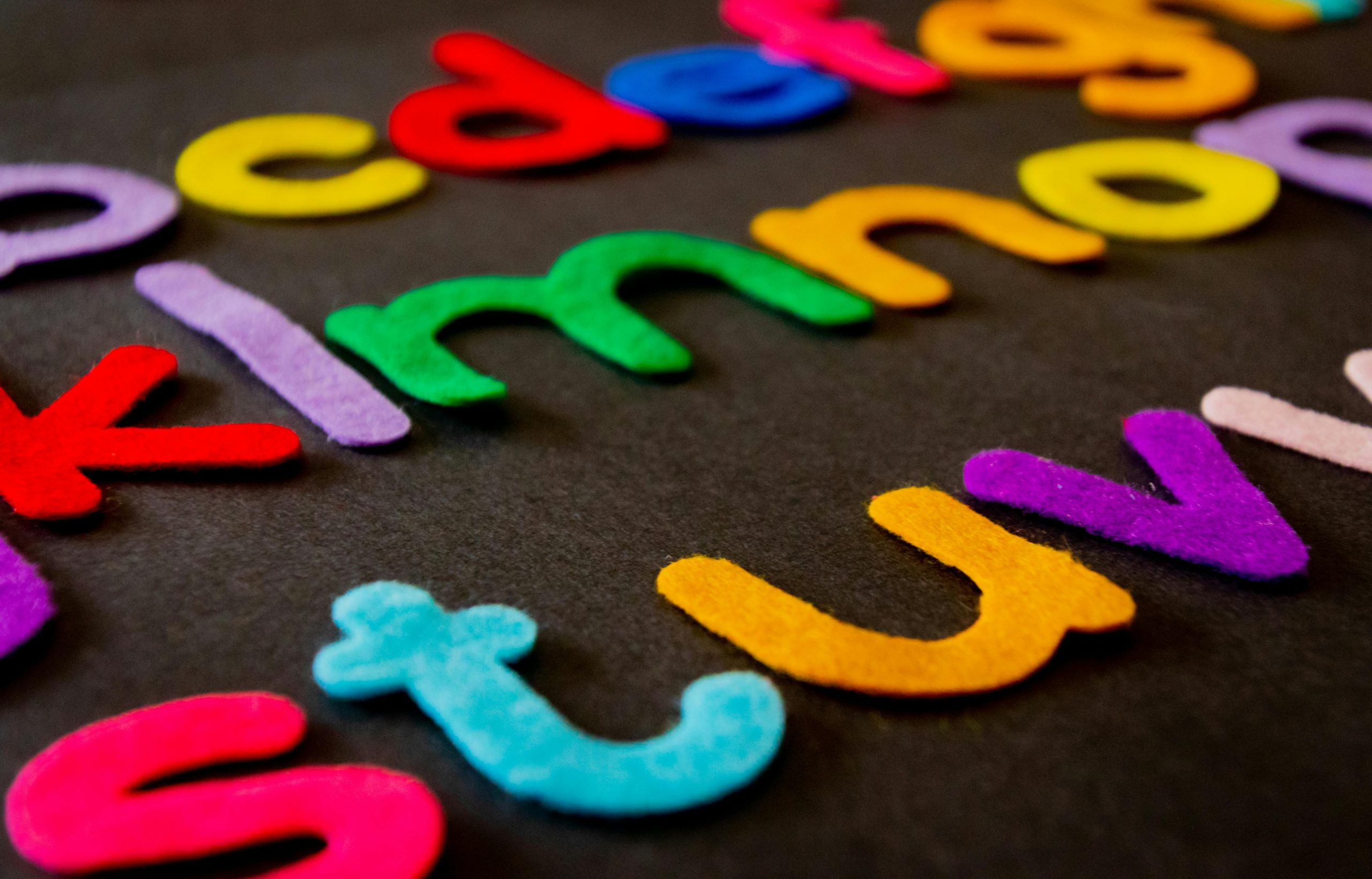Montessori toys foster independent learning and critical thinking skills in children, with recent studies showing that 89% of parents reported improved problem-solving abilities after introducing authentic Montessori materials in 2025. These carefully crafted tools support natural development through hands-on exploration and self-directed play. But how do you distinguish between genuine educational materials and mass-produced imitations? Finding the right Montessori shop makes all the difference in your child’s learning journey.
Understanding the authentic Montessori approach to learning toys
The Montessori method is based on precise educational principles that radically transform children’s approach to play. Unlike traditional toys, often overloaded with bright colors and artificial sounds, authentic Montessori toys prioritize simplicity and functionality to foster natural concentration.
Also to read : Techwear essentials: upgrade your wardrobe this black friday
This educational philosophy posits that each toy should have a clear learning objective and allow the child to explore independently. Natural materials such as wood, cotton, or metal replace colorful plastic, creating a richer and more calming sensory experience for cognitive development.
Authenticity becomes crucial as it ensures that each element adheres to the rigorous standards established by Maria Montessori. A genuine Montessori toy encourages self-correction, allows for repetition, and adapts to the child’s natural learning pace without overstimulation.
Also to see : Eco-Friendly Fashion Advice for Year-Round Style and Sustainable Wardrobe Growth
What makes a specialized store for authentic Montessori educational toys trustworthy
Choosing the right Montessori toy store requires careful evaluation beyond appealing product photos and marketing claims. A trustworthy retailer demonstrates genuine commitment to Montessori principles through transparent practices and educational expertise.
- Montessori certification and training credentials displayed prominently, showing staff understand child development milestones and material purposes
- Natural materials only – authentic stores avoid plastic substitutes, focusing on wood, metal, fabric, and other materials that engage multiple senses
- Age-appropriate categorization that follows developmental stages rather than arbitrary age ranges, with clear explanations of skill progression
- Educational descriptions for each product explaining the learning objectives, proper presentation methods, and developmental benefits
- Quality manufacturing details including origin, safety certifications, and durability standards that meet classroom requirements
- Expert customer support offering guidance on material selection, classroom setup, and addressing specific developmental needs
Reputable stores also provide detailed product information, clear return policies, and often feature testimonials from certified Montessori educators. This transparency helps parents make informed decisions that truly support their child’s natural learning journey.
How to select age-appropriate materials for optimal child development
Choosing the right Montessori materials requires careful consideration of your child’s developmental stage and individual interests. The key lies in observing your child closely to understand their current abilities and emerging skills. When materials are perfectly matched to their developmental window, children naturally gravitate toward meaningful learning experiences.
Start by identifying your child’s current developmental milestones rather than focusing solely on chronological age. A toddler who shows interest in sorting activities might benefit from color tablets or shape puzzles, while a child developing fine motor skills could thrive with practical life materials like pouring exercises or buttoning frames.
The progression should feel natural and slightly challenging without causing frustration. Introduce one new concept at a time, allowing your child to master each skill before moving forward. Materials that are too advanced can lead to discouragement, while those that are too simple may not engage their growing minds effectively.
Pay attention to your child’s concentration patterns and preferred activities. This observation guides you toward materials that will sustain their interest while promoting growth in areas where they show readiness to learn and explore new challenges.
The benefits of investing in genuine educational materials
Authentic Montessori materials represent more than just toys – they’re precise learning tools designed to support your child’s natural development. When you invest in genuine educational materials, you’re choosing products that have been carefully crafted according to Maria Montessori’s scientific principles, ensuring each piece serves a specific developmental purpose.
The durability of genuine Montessori materials is exceptional. Made from natural materials like solid wood and quality fabrics, these tools withstand years of active use while maintaining their educational integrity. Unlike mass-produced alternatives that may break or wear out quickly, authentic materials often last through multiple children, making them a wise long-term investment.
Perhaps most importantly, genuine materials foster true independence in children. Each piece is designed with built-in error control, allowing children to self-correct and learn at their own pace. This approach builds confidence and critical thinking skills that extend far beyond playtime, creating a foundation for lifelong learning.
The educational return on investment is remarkable. Children who engage with authentic Montessori materials typically demonstrate enhanced concentration, improved problem-solving abilities, and greater self-motivation – skills that serve them well throughout their academic journey and beyond.
Creating an enriching learning environment at home
Transforming your home into a Montessori-inspired space doesn’t require a complete makeover. Start by creating designated areas where your child can access materials independently. Low shelves, child-sized furniture, and organized spaces encourage autonomy and foster natural curiosity.
The key lies in thoughtful toy rotation and strategic placement. Keep only a few carefully selected materials visible at once, storing others to introduce later. This approach prevents overstimulation while maintaining your child’s interest in learning activities.
Your role as a guide becomes crucial in this environment. Observe your child’s interests and follow their lead rather than directing every activity. When they struggle with a material, resist the urge to immediately help. Instead, offer gentle support that encourages problem-solving skills and builds confidence.
Creating consistent routines around these learning materials helps children develop internal motivation. Whether it’s a morning puzzle session or afternoon practical life activities, predictable access to meaningful materials nurtures independent learning and supports natural development patterns throughout early childhood.
Frequently asked questions about these specialty stores
Where can I buy authentic Montessori toys for my toddler?
Choose stores certified by AMI (Association Montessori Internationale) or shops recommended by trained educators. Check for natural materials and adherence to the original educational principles.
What makes a toy store truly Montessori-approved?
A genuine Montessori store offers self-correcting materials, respects sensitive periods of learning, uses authentic materials, and employs consultants trained in Montessori pedagogy.
How can you tell if Montessori toys are authentic or simply marketed as such?
Look for a product with a specific educational function, high-quality materials (wood, metal, fabric), a clean aesthetic, and a gradual increase in difficulty. Beware of garish colors and cheap plastic.
Which online Montessori toy retailers offer the best quality products?
Shops run by certified educators generally guarantee quality. Check detailed reviews, verify certifications, and prioritize websites that offer educational user guides.
What should I look for when choosing a Montessori toy store?
Check the team’s educational expertise, product traceability, quality guarantees, specialized customer service, and the availability of parent support guides.











